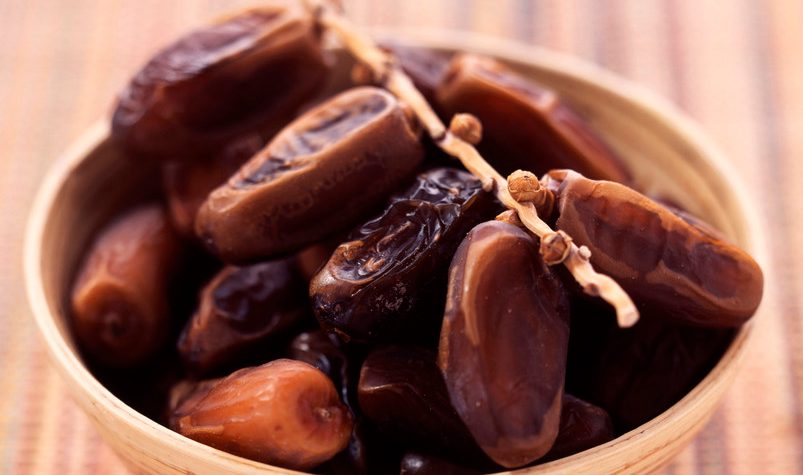6 Natural Remedies for Constipation

As many as a fifth of Americans get stuck on the toilet, but happily there are natural remedies for constipation that can speed things up. Learn more.
If you’re among the 20 percent of Americans with this issue, you probably don’t ask your friends for their thoughts about how to cure constipation. At best, you might ask a parent or spouse. Bowel problems are common, but little discussed.
So here’s the story: You officially suffer from constipation if you have less than three bowel movements in a week. You might qualify if you go more often but have bloating and pain because your stools are hard and dry and hard to pass.
Happily, there are natural remedies for constipation that you can try safely on your own.
YOU MIGHT ALSO LIKE: 12 Foods for Constipation
Natural remedies for constipation
Our list of natural remedies for constipation includes carbonated water, cutting out certain foods, increasing your exercise, over-the-counter supplements, and coffee.
1. Stay hydrated. If you allow yourself to become dehydrated regularly you can end up with constipation. Up your daily water intake. When you’re constipated, try carbonated water, which may be more effective than tap water. But don’t drink sweetened soda, which could aggravate the problem.
2. See how different kinds of fiber affect you. The standard advice is to eat more fiber. However, other research suggests that you might need to cut back on fiber. You goal isn’t just to go more often, but to get relief from pain, bloating, and gas.
It matters what kind of fiber you eat. Insoluble fiber from wheat brain, vegetables, and whole grains make your stool more bulky. This can make your problem worse. Soluble fiber from nuts, seeds, beans, lentils, peas, and some fruit and vegetables absorbs water. This fiber adds a gel-like substance to your stool, softening it — unless it ferments in your gut, causing distress.
Psyllium — a popular fiber supplement — is a non-fermentable soluble fiber. You could also try glucomannan, a soluble fiber that helps some people. The bottom line: You need to experiment to see what kinds of fiber work for you.
3. Exercise. Getting regular exercise is an all-round health pill. Exercise doesn’t reliably increase your number of bowel movements, but it does seem to reduce other symptoms like abdominal pain, so it counts as one of the home remedies for constipation.
4. Drink coffee, with caffeine. Caffeinated coffee stimulates the muscles of your digestive system, about 60 percent more than water would. Decaffeinated coffee isn’t as effective but still more stimulating than water. Coffee also contains soluble fibers, which may explain why some people consider it their first-line natural remedy for constipation.
5. Try staying away from dairy. If you cut out milk and cheese, you might want to increase foods rich in calcium, which include sardines, tofu, almonds, and kale. If you get better after a complete break from dairy, try eating dairy again and seeing how much you can tolerate before symptoms return.
6. Try a low-FODMAP diet. Besides medication, the standard medical advice for treating irritable bowel syndrome (IBS) is a diet that cuts FODMAPs — fermentable oligo-saccharides, disaccharides, monosaccharides, and polyols, chemical factors in ordinary foods that trigger IBS symptoms, which include chronic constipation or constipation alternating with diarrhea.
Eventually you’ll add back some of the foods that contain FODMAPs. Quantities count. You may be able to tolerate small portions of certain foods. It also matters which foods you combine in a particular meal or day.
The hardest part of the diet: avoiding onions and garlic in restaurant meals. You’ll need to go gluten-free and monitor how much you eat of various vegetables. Although the diet can seem overwhelming, it doesn’t have to lack nutrients, and your goal will be to expand your own menu over time, fine-tuning it to your digestive quirks.
Don’t forget about prunes
So far, we haven’t mentioned prunes, perhaps the first tip you’ll hear if you’re brave enough to ask around about how to help constipation. You might try seven medium-size prunes a day. But prunes contain lots of sugar alcohols, which aren’t advisable on the low-FODMAP diet.
If you find relief from your problem, by all means, make an announcement: “I know how to stop constipation!” You might notice some people taking an interest.
Updated:
March 26, 2020
Reviewed By:
Janet O’Dell, RN